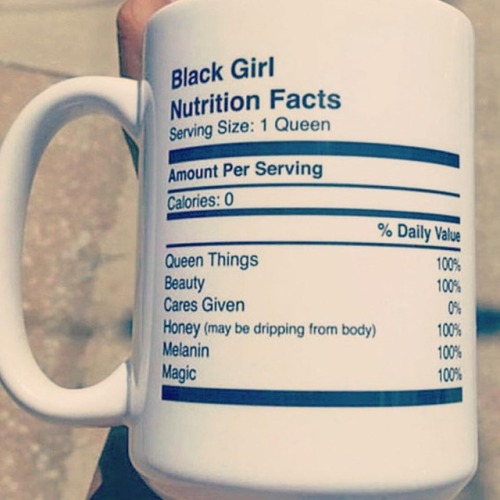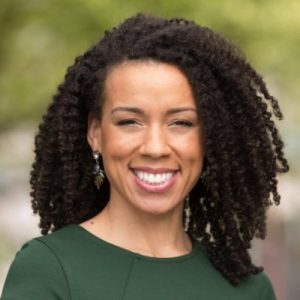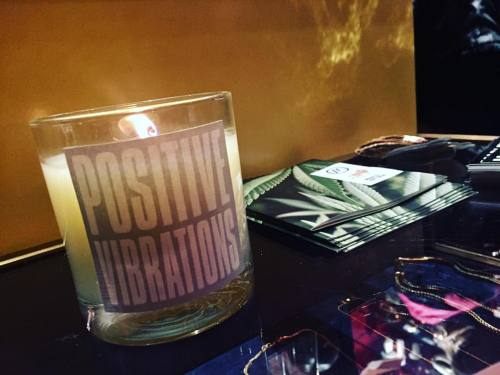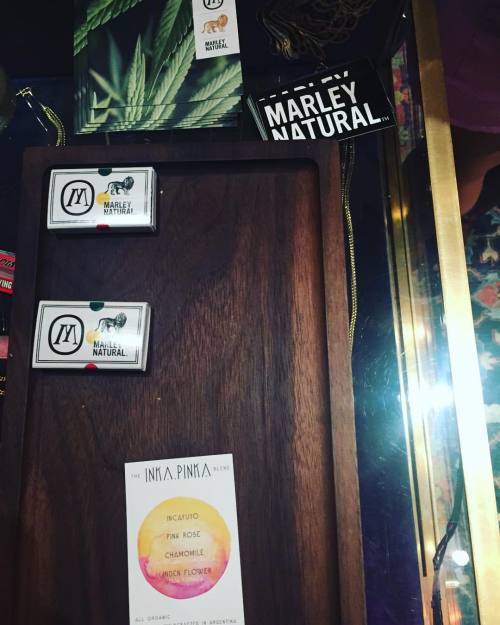#Mood: Saturation.
🖥 Read the latest post from the founders of #EstroHaze on @medium.
.
.
.
#seatatthetable #bossbabe #womensmarch #businesswoman #cannabis #flyinghigh #peaceofmind
Cannabis Legalization Should Benefit People, Not Only Bottom Lines
The stigma around cannabis in the U.S. continues to fuel the various myths surrounding its use and its users. As such, proponents of cannabis continue to highlight the potential health benefits, while educating on legalization efforts and debunking historical myths.

In part 1 of our interview with cannabis advocate Dr. Rachel Knox, she described her outlook on the effect the incoming administration may have on cannabis, particularly medical marijuana. Currently, the FDA still has not recognized or approved the marijuana plant as medicine. This is slowly changing, as more and more studies prove the medical benefits of the plant. The scientific study of the chemicals in marijuana called cannabinoids has led to two FDA-approved medications in pill form. Scientific research has shown cannabis to treat symptoms, related but not limited to, glaucoma, multiple sclerosis, arthritis, cancer, AIDS, spinal cord injuries, anxiety, and insomnia.
Here, Knox provides some more thoughts on how cannabis legalization can potentially affect the industry.
Cannabis legalization, regulation, and access boils down to misunderstanding, greed, and fear.
I believe that legislators are attempting to heavily regulate a plant they do not understand, and as a result, are misregulating it. I believe that states’ collective focus on the projected tax revenues of their recreational markets is short-sighted as medical markets are actually much larger and growing. I also believe that cannabis and natural medicine as a whole threaten Big Pharma’s bottom line.
I anticipate that government will continue to participate in local overregulation and in Big Pharma’s acquisition and control over medical cannabis product manufacturing and distribution. The FDA is already selling Big Pharma patents they hold on cannabinoid profiles for therapeutic use. People believe that the federal government is not involved in legalization efforts, but they certainly are—just in a very different way than anticipated or desired.
Patients, cultivators, and manufacturers participating in the recreational market have to maintain their own standards.
I recommend these participants to demand, cultivate, and manufacture organic and pure products so that medicinal grade products remain on dispensary shelves. I recommend that medical advocates work with legislators to develop favorable regulations that lift strict and sub-therapeutic caps on cannabinoid content of those products.
I also recommend that people learn how to grow their own plants if they live in a state that allows them to, and to fight for the maintenance of that right should revocation ever become a legitimate threat.
Despite the impact the 2016 election will have on access to cannabis medicine, I continue to stress that it is paramount to understand that cannabis is inherently medicine and can remain so even in a domineering recreational market.
My question to the masses is no longer “how can we access cannabis,” but “how do we want to access it?” The answer—be it from a personal backyard grow, the local dispensary, or the local pharmacy via a doctor’s prescription—will determine what standards need to define the recreational markets and what further legislative actions need to take place to preserve medical programs.
My answer would be that people should get to choose for themselves how they access their cannabis medicine from a diversified marketplace. But if we let the government decide, there will likely no longer be a choice.
I am hopeful that more states will adopt cannabis legalization, but my express wish is that they mindfully legalize in ways that benefit their people and not just their bottom lines.
Do you agree with Dr. Knox? Sound off and let me know on Twitter @kwild.
This article was originally published on BlackEnterprise.com.






